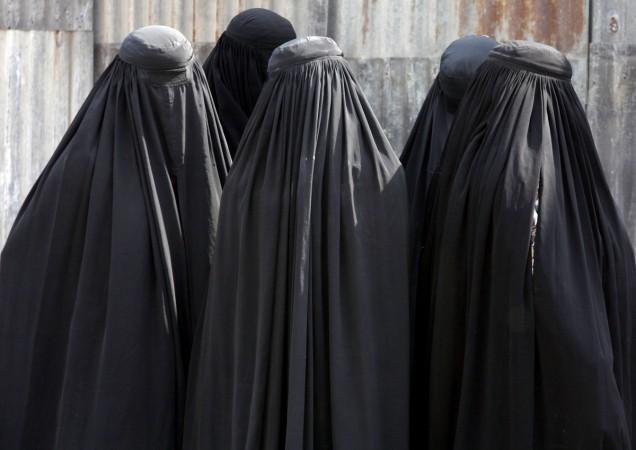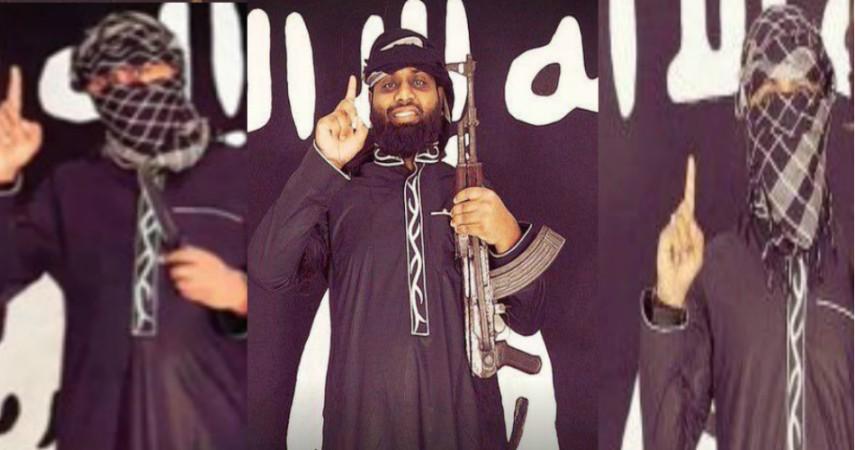
In a late night order on Sunday, the Sri Lankan government banned all face covers, including Islamic veil burqa, which hinders facial identification of a person. An official statement said that President Maithruipala Sisirsena had passed an order under emergency law to ensure national security.
The Sri Lankan government and police have come under criticism for ignoring warnings before the serial blasts struck churches and hotels in the island nation killing 250 people.
"Any form of face covering that will hinder the identification of a person is banned under emergency regulations. A decision has been taken by the president to ban all forms of face covering that will hinder easy identification under emergency regulations," according to the statement. The ban will come into force from Monday.
The government decision comes after a parliamentarian, Ashu Marasinghe, submitted a motion urging the government to ban the face veils saying that the garment was "not even a traditional Muslim attire" and should be outlawed on security grounds, the Independent reports.
There were a series of cabinet meetings post the Easter bombings on new anti-terror laws and the decision to ban the burqa was delayed after both President Sisirsena as well Prime Minister Ranil Wickremesinghe decided to take the matter with Muslim clerics in the country.
Muslims, who form under 10 per cent of the Sri Lankan population, are already living under a cloud of fear post the Sunday bloodshed, the responsibility of which has been claimed by the Islamic State. Sri Lanka's Muslim Council had reportedly warned the police of the potential danger posed by a small extremist group, National Tawheed Jamaath (NTJ), run by suicide bomber Zahran Hashim.
Post the Easter attack, an organisation of Muslim clerics, All Ceylon Jamiyyathul Ulama, had directed the women to avoid wearing burqa (veil) to cooperate with the security forces, India Today reports.
Easter bombings dent Sri Lanka's peaceful history
Post the civil war between the Sri Lanka government and the Liberation Tigers of Tamil Eelam (LTTE), Sri Lanka boasted of a relatively peaceful history with no major violence until last year when tensions erupted between the majority Buddhists and the Muslim population. As reports of killing of a few Muslim men spread, the NTJ workers vandalised a few Buddhist statues which wasn't taken much notice of, according to Al Jazeera.

However, the indoctrination by the ISIS militant and NTJ Chief, Zahran Hashim of scores of Muslim youth over a period of time has proved dearly for the country which lost hundreds of its people last week. Zahran reportedly died during the suicide bombing at Shangri-la hotel in Colombo. His brother and father have also been killed after the Sri Lankan police were believed to have engaged in combat operation with the militants.
More than 90 people have been arrested and are being questioned in connection to the blasts and the police are tracking nearly 140 suspects more who could have been linked to the serial bombings.












